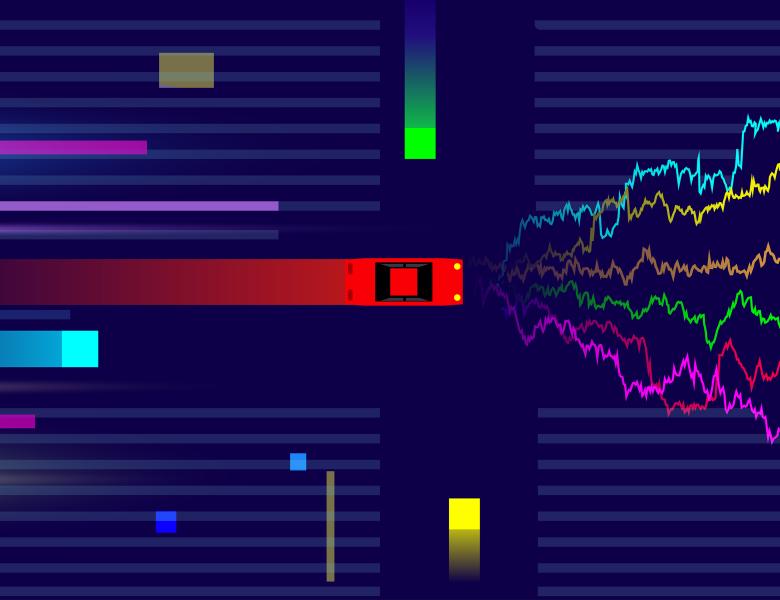
Abstract
A graph is said to be a (1-dimensional) expander if the second eigenvalue of its adjacency matrix is bounded away from 1, or almost-equivalently, if it has no sparse vertex cuts. There are several natural ways to generalize the notion of expansion to hypergraphs/simplicial complexes, but one such way is 2-dimensional spectral expansion, in which the expansion of vertex neighborhoods (remarkably) witnesses global expansion. While 1-dimensional expansion is known to be achieved by, e.g., random regular graphs, very few constructions of sparse 2-dimensional expanders are known, and at present all are algebraic. It is an open question whether sparse 2-dimensional expanders are "abundant" and "natural" or "rare." In this talk, we'll give some evidence towards abundance: we show that the set of triangles in a random geometric graph on a high-dimensional sphere yields an expanding simplicial complex of arbitrarily small polynomial degree.


